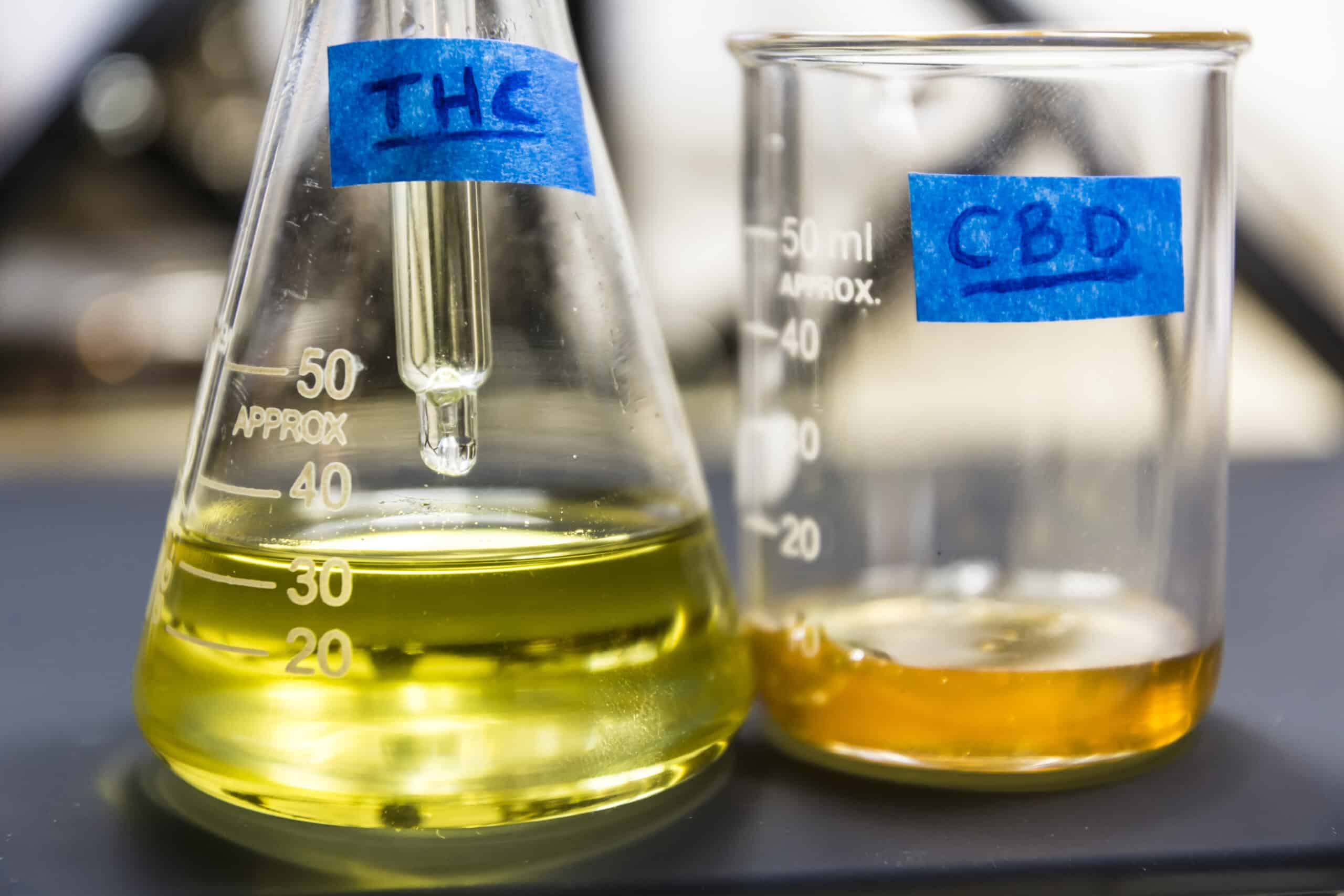According to the researchers the process for synthesizing H2CBD is cheap, simple and scalable, which could avoid legal complications associated in some places with cannabis derived products; and H2CBD can’t easily be converted to the psychoactive THC.
“It’s a much safer drug than CBD, with no abuse potential and doesn’t require the cultivation of hemp,” says Mark Mascal, PhD. CBDs are extracted from the marijuana plant, synthetic CBDs may eliminate impurities and contaminants such as pesticides, according to the researchers.
The second most abundant cannabinoid found in the hemp plant Cannabis sativa the CBD compound is being studied for its potential therapeutic effects in a variety of diseases and disorders such as epilepsy, anxiety, glaucoma, inflammation, cancers, spasticity, and neurodegenerative diseases.
THC is the most abundant cannabinoid which is largely responsible for the intoxicating effects and adverse effects including psychoactive properties and legal issues. Purified CBD may help to navigate around potential concerns associated with using THC containing plant extracts, but marijuana extracts are still controlled substances in some countries, even though some have decriminalized cannabis for therapeutic purposes.
Use of cannabis as an anit-epelptic is a high profile area of research, evidence suggests that some cases that have not responded well to conventional therapies have had success with cannabis; as such the FDA has approved the herbal CBD, Epidiolex for treating Lennox-Gastaut and Dravet syndromes.
Not found in cannabis extracts H2CBD is synthetic, meaning it is currently not a controlled substance, and it can’t be easily converted into THC. Being that it is synthesized using chemicals it also negates the need to grow crops, according to the team.
Anticonvulsant properties of the synetic compound were evaluated using rat models of chemically induced epilepsy; results showed pretreating the animals with the compound was just as effective as using the equivalent dose of plant derived CBD at inhibiting drug induced seizures.
“These results unequivocally demonstrate that H2CBD exhibits a dose-dependent anticonvulsant action in acute, PTX-induced generalized seizures in rats, with a maximal protective effect comparable to a matching dose of the established anticonvulsant CBD,” the authors concluded.
Further studies are required to evaluate the compound further, and the researchers note, “… assuming the principal medical justification for pursuing cannabis-based therapies is their extraordinary anticonvulsant activity, and that all other indications (anxiety, chronic pain, nausea, anorexia, etc.) can be effectively managed with non-controversial drugs, H2CBD may find application as a safer alternative in terms of its lack of abuse liability and absence of psychotropic effects.”
Additional studies are being conducted with plans to move to clinical study; UC David has applied for a provisional patent on antiseizure use of H2CBD and its analogs, and Syncanica has been funded to continue development.




